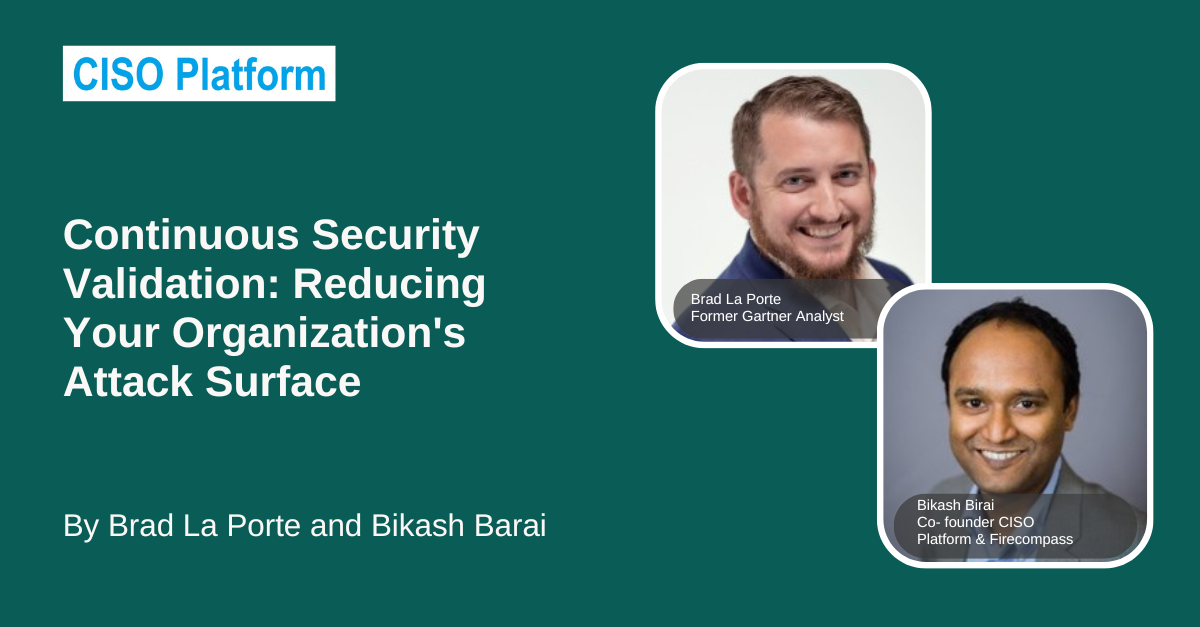In this segment, we explore key areas critical to enhancing cybersecurity, focusing on multi-factor authentication and security training. By addressing vulnerabilities and promoting awareness, organizations can significantly strengthen their security posture and mitigate potential risks effectively.
Here is the verbatim discussion:
Identify the areas that are the most critical to you and I'll I'll pick an example here um multiactor authentication so um anyone that you on the front page of the newspaper you'll see uh organizations that or you'll see that criminals are are having these data breaches and they're stealing uh all these records these records end up being username and password and um and what's end up happening is uh with access of service is criminals are able to just you know their main entry point is credential stuffing and they can use automated tools that just go after an organization and then they just keep trying different combinations uh until they find an access to someone and then they get in they move laterally and get to an administrator so an organization can reduce their attack surface significantly just by having multiactor authentication um and it adds that extra layer of uh security in their environment and then there's other areas that are there but um you know that's the the biggest area um the other area is uh security training overall just making people aware it's a mindset it's a it's a culture and and identifying if I see a fishing email I need to report it and having a process around that and then and then building it over time um so maybe uh doing a simulated fishing exercise that turns into a uh ransing.
Speakers:
Bikash Barai is credited for several innovations in the domain of Network Security and Anti-Spam Technologies and has multiple patents in USPTO. Fortune recognized Bikash among India’s Top 40 Business Leaders under the age of 40 (Fortune 40-under-40).Bikash is also an active speaker and has spoken at various forums like TiE, RSA Conference USA, TEDx etc.
Earlier he founded iViZ an IDG Ventures-backed company that was later acquired by Cigital and now Synopsys. iViZ was the first company in the world to take Ethical Hacking (or Penetration Testing) to the cloud.


Comments